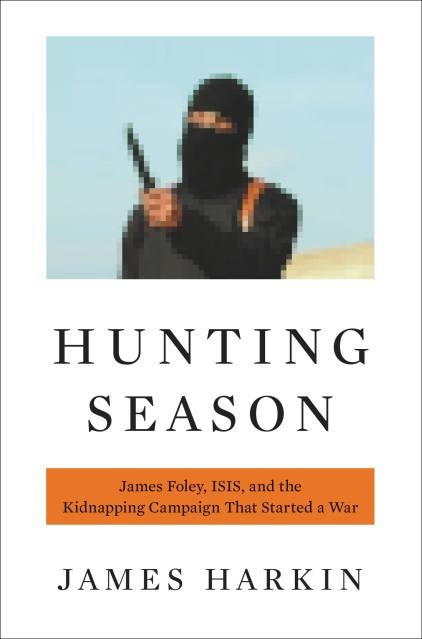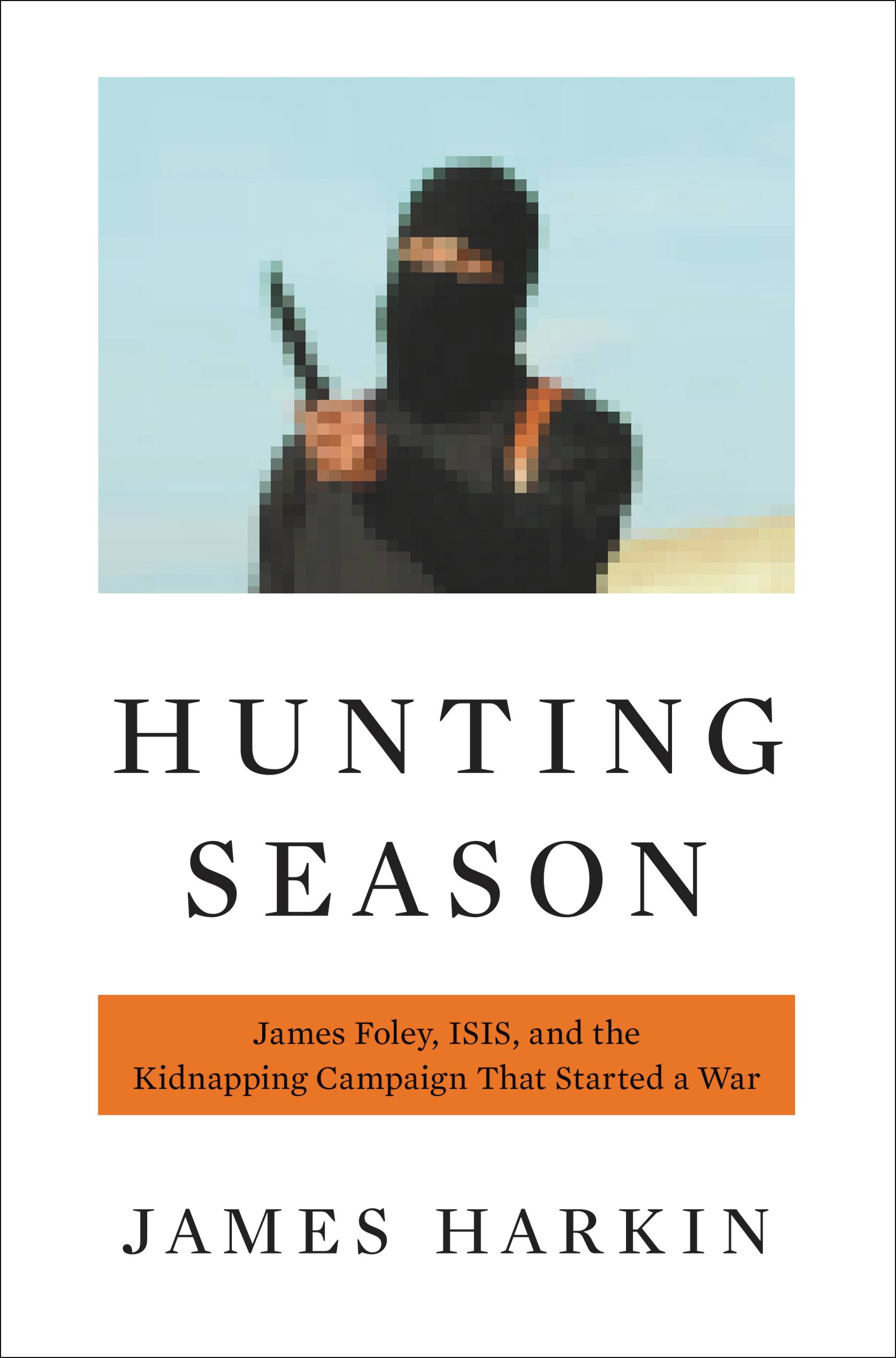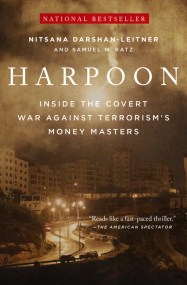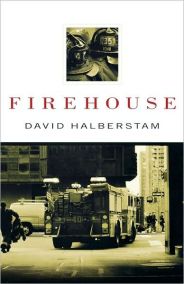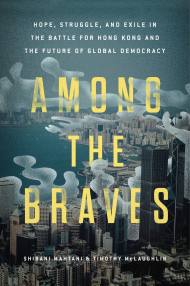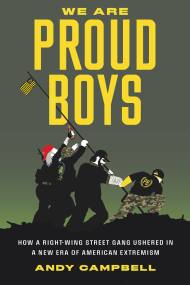Promotion
Use code MOM24 for 20% off site wide + free shipping over $45
Hunting Season
James Foley, ISIS, and the Kidnapping Campaign that Started a War
Contributors
By James Harkin
Formats and Prices
Price
$13.99Price
$17.99 CADFormat
Format:
- ebook $13.99 $17.99 CAD
- Hardcover $27.00 $32.50 CAD
- Audiobook Download (Unabridged)
This item is a preorder. Your payment method will be charged immediately, and the product is expected to ship on or around November 10, 2015. This date is subject to change due to shipping delays beyond our control.
Also available from:
On August 19, 2014, the jihadist rebel group known as ISIS uploaded a video to YouTube. Entitled “Message to America,” the clip depicted the final moments of American journalist James Foley’s life–and the gruesome aftermath of his beheading at the hands of a masked executioner. Foley’s murder–and the choreographed killings that would follow–captured the world’s attention, and the Islamic State’s kidnapping campaign exploded into war. Hunting Season is a riveting account of how the world’s newest and most powerful terror franchise came to target Western hostages, who was behind it, and why almost no one knew about it until it was too late.
Genre:
- On Sale
- Nov 10, 2015
- Page Count
- 256 pages
- Publisher
- Hachette Books
- ISBN-13
- 9780316305198
Newsletter Signup
By clicking ‘Sign Up,’ I acknowledge that I have read and agree to Hachette Book Group’s Privacy Policy and Terms of Use
